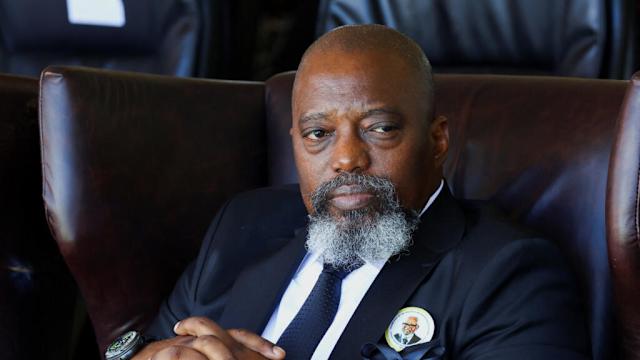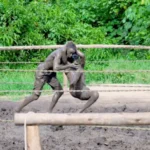In a landmark decision, the Democratic Republic of Congo’s Senate voted on May 22, 2025, to strip former President Joseph Kabila of his immunity, clearing the path for his prosecution on charges of treason and war crimes. Authorities allege Kabila, who led the DRC from 2001 to 2019, supported the M23 rebel group, which has seized control of several towns in the mineral-rich eastern region. The move, approved by 90 senators with five opposed, intensifies political tensions in a country already grappling with ongoing conflict.
The military prosecutor presented a “substantial body of documents, testimony, and material facts” linking Kabila to the M23, a Rwanda-backed militia accused of displacing hundreds of thousands in North Kivu. Senate Speaker Jean-Michel Sama Lukonde announced, “The Senate authorizes the prosecution and lifting of Joseph Kabila’s immunity.” Kabila, 53, did not attend the session to defend himself and has previously denied any connection to the insurgents.
Kabila, who holds the title of “senator for life” with legal immunity, has been living in South Africa since 2023, officially for studies. In April 2025, he expressed intentions to return to help resolve the eastern conflict, but his political party, the People’s Party for Reconstruction and Democracy (PPRD), denied reports of his presence in M23-controlled Goma. Last month, the DRC government banned the PPRD for its “ambiguous attitude” toward M23’s territorial occupation and ordered the seizure of Kabila’s assets. Justice Minister Mutamba urged Kabila to “face justice” and present his defense.
The PPRD dismissed the prosecution as “pure theatre” aimed at diverting attention from the DRC’s challenges, according to AFP. Analysts warn that prosecuting Kabila, a former military officer who assumed power at 29 after his father’s 2001 assassination, could further destabilize the country. His fallout with President Felix Tshisekedi, whom he initially supported, ended their coalition in December 2020, leaving Kabila with significant influence through his party and loyalists.
The M23 conflict, ongoing since 2012, has intensified, with recent fighting displacing civilians and straining DRC-Rwanda relations. A preliminary peace agreement signed in Washington in April 2025 offers hope, though Rwanda denies backing M23. Last year, a military court sentenced three M23 leaders—Corneille Nangaa, Sultani Makenga, and Bertrand Bisimwa—to death in absentia for treason, with a $5 million reward offered for their capture.
Social media posts on X reflect divided sentiments, with some Congolese praising the Senate’s move as a step toward accountability, while others fear it could escalate unrest. As the DRC navigates this high-stakes legal battle, the international community watches closely for its impact on regional stability.













Leave a comment